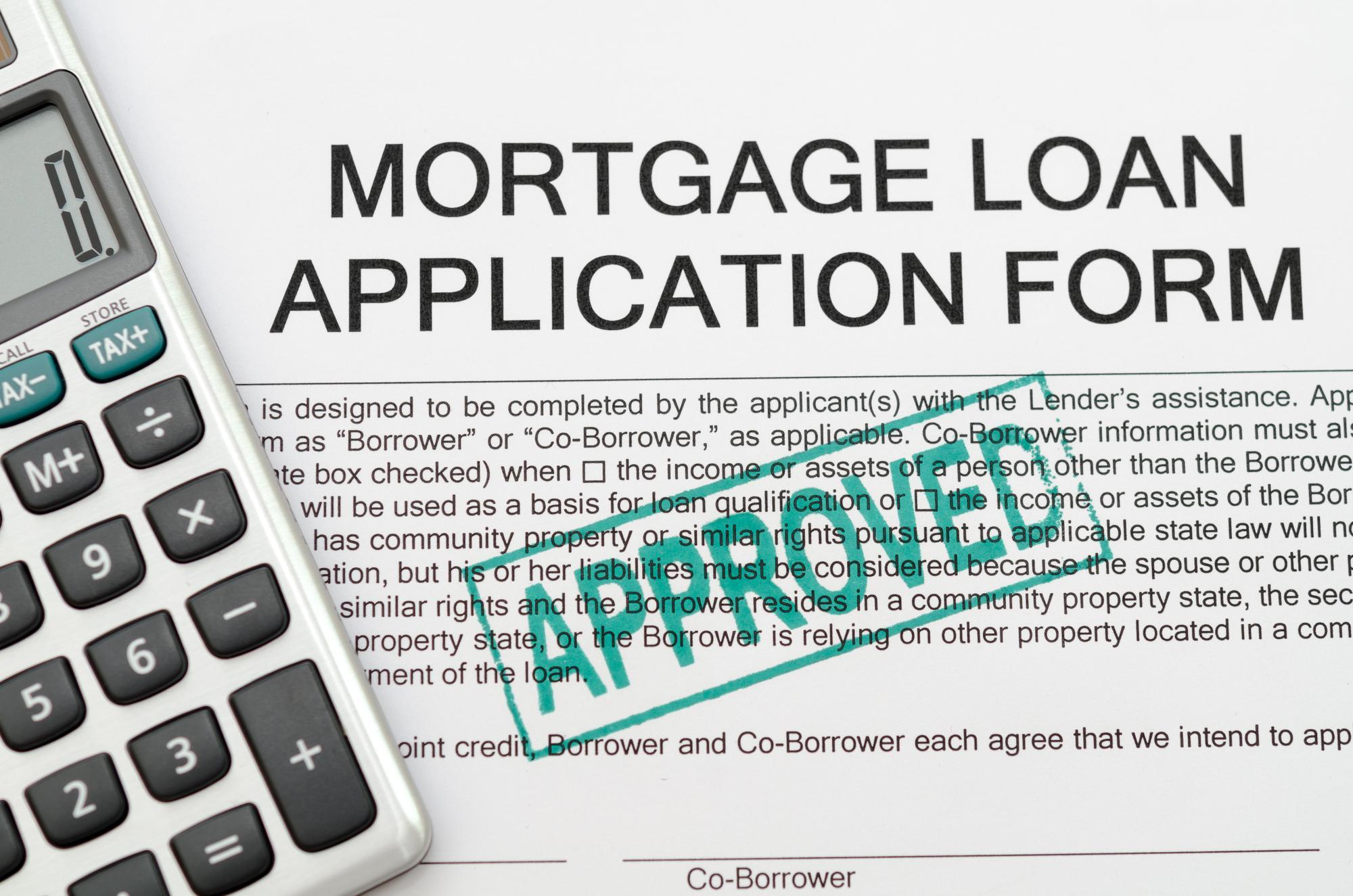Introduction: Pre-Qualification Application Overview
When you’re looking to buy a house or apply for a loan, you’ll often hear the term “pre-qualification application” thrown around. But what exactly is a pre-qualification application, and what items are included in it? In this blog post, we’ll break down everything you need to know about pre-qualification applications.
What is a pre-qualification application?
A pre-qualification application is a preliminary step in the home buying or loan application process. It’s designed to help lenders determine whether or not you’re a good candidate for a loan, and how much money they may be willing to lend you. During the pre-qualification process, lenders will review your financial situation, including your income, debts, and credit history.
Why is a pre-qualification application important?
The pre-qualification application is an important step in the home buying or loan application process for several reasons. First, it helps you determine how much money you may be able to borrow, which can help you plan your budget and search for homes that are within your price range. Additionally, pre-qualification can give you an edge when it comes to making an offer on a home. Sellers may be more likely to accept an offer from a buyer knowing that the buyer is already pre-qualified for a loan. This shows the realtor that you are serious about purchasing a home because you’ve already secured a promise for financing.
What items are included in a pre-qualification application?
The exact items included in a pre-qualification application may vary depending on the lender, but typically, you can expect to provide the following information:
- Personal information: This includes your name, address, and Social Security number.
- Employment information: You’ll need to provide information about your current job, including your employer’s name, your position, and how long you’ve been employed there.
- Income information: Lenders will want to know how much money you make, so you’ll need to provide information about your salary, bonuses, and any other sources of income.
- Debt information: You’ll need to disclose any outstanding debts you have, including credit card balances, student loans, and car loans.
- Credit history: Lenders will review your credit history to determine your creditworthiness, so you’ll need to provide your credit score and any information about past bankruptcies or foreclosures.
Once you’ve provided all of this information, the lender will review it and determine whether or not you’re pre-qualified for a loan. If you are pre-qualified, the lender will provide you with an estimated loan amount and interest rate, which can help you as you begin your home search.
Conclusion
A pre-qualification application is an important step in the home buying or loan application process. By providing information about your personal, employment, income, debt, and credit history, you can help lenders determine whether or not you’re a good candidate for a loan and how much money they may be willing to lend you. If you’re considering buying a home or applying for a loan, it’s a good idea to start the pre-qualification process early on to get a sense of your budget and improve your chances of securing financing.
